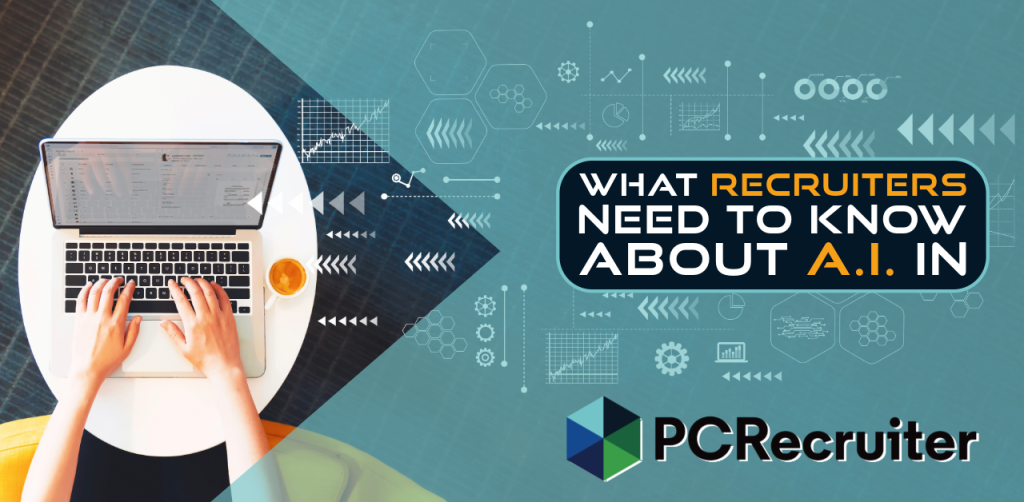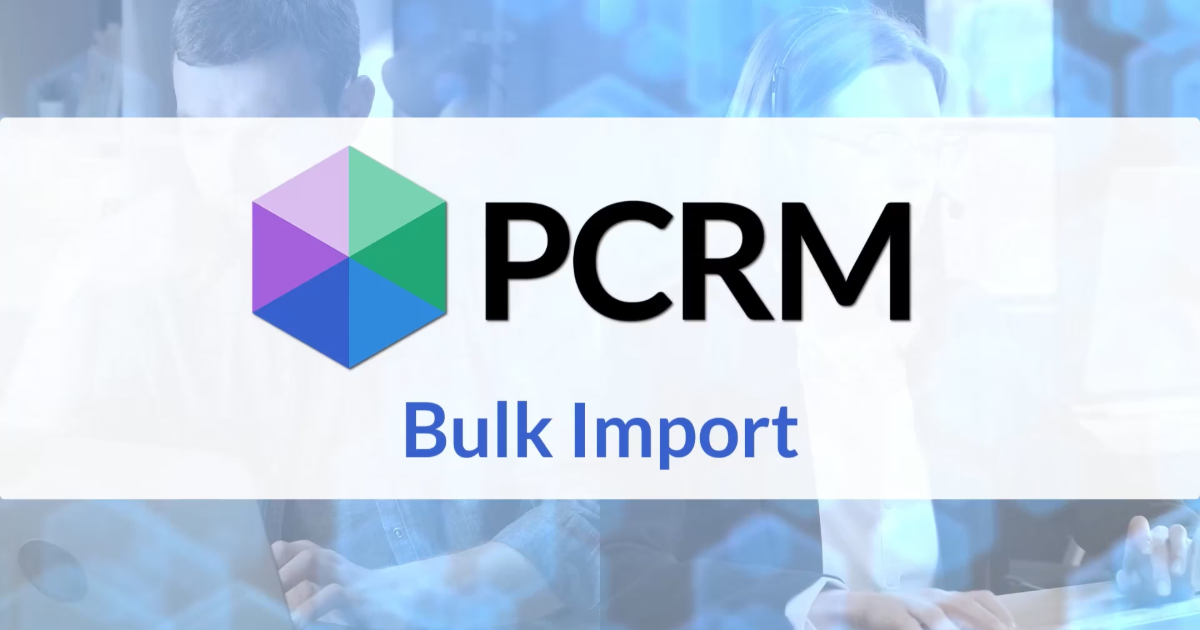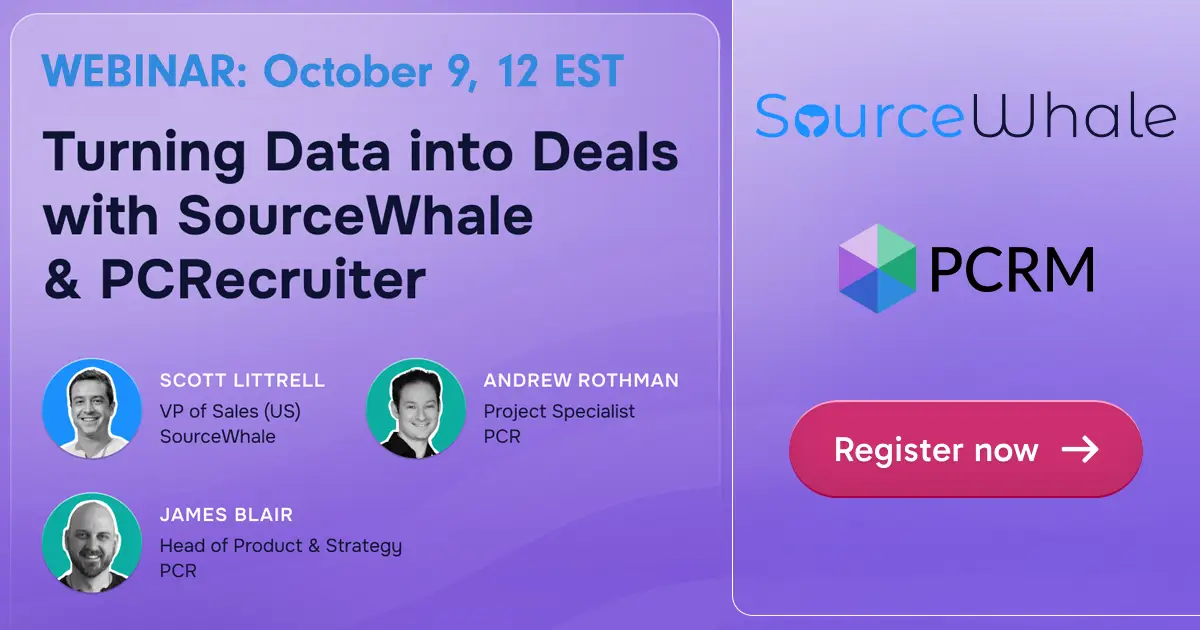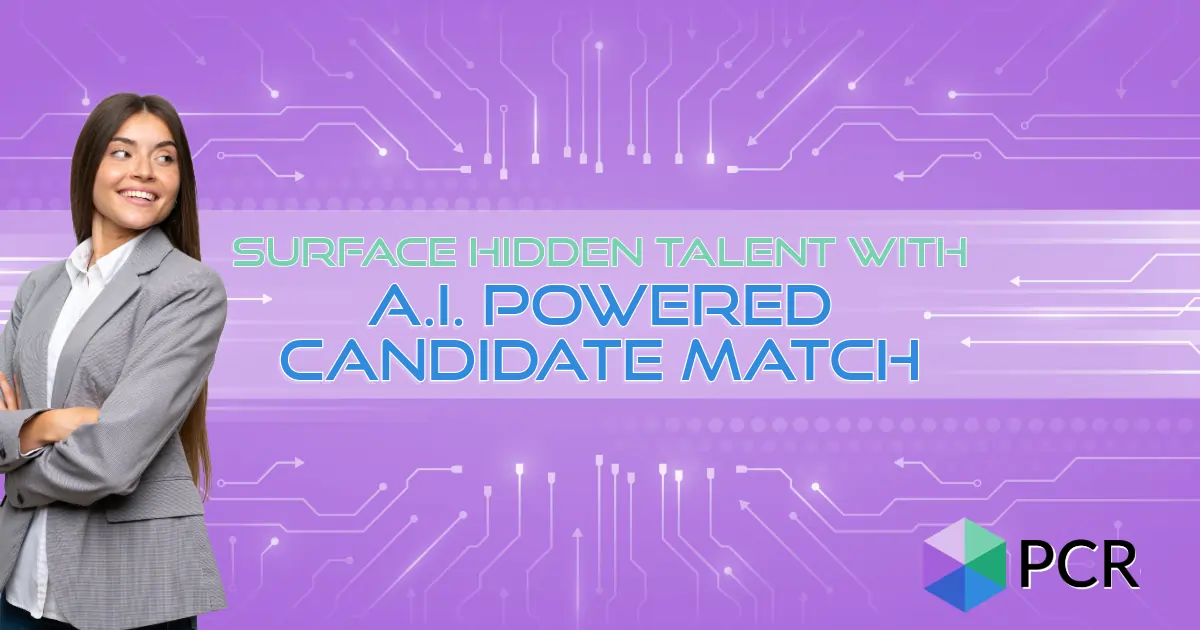
People tend to regard AI with varying degrees of either trepidation or interest – or a combination of both. By this point, most people have some understanding of AI and what it can (or can’t) do. Many of us have dabbled with publicly available Large Language Models (LLM) like ChatGPT to explore ways to streamline our daily tasks or enhance our artistic creativity.
One of the main challenges with AI in its current form is determining where and how to implement it. Large Language Models, trained on vast quantities of general data, often produce mixed results. Like a well-intentioned but inexperienced intern, they’re helpful for some tasks but less appropriate for others. For many recruiters and software vendors serving the recruitment industry, AI is still a tool seeking a clearly defined purpose.
AI has become a byword for “innovation,” and consequently both vendors and buyers feel they need it in order to stay in the game. This has led to a lot of big claims and accordingly big disappointment in the tech industry. So the important question is: what does the AI do for users? Or, from a recruiter’s perspective, how can AI tools actually help me make placements more easily or quickly?
The other big challenge is cost. AI-driven tools work by handling data in the latent space, relying on fast Graphics Processing Units. The rise of AI has played a part in the rise in prices for GPUs, which is wonderful for NVIDIA stockholders, but problematic for software vendors for whom building an enterprise-level GPU deployment would be cost prohibitive. That means nearly all companies touting AI features are, at least for the moment, relying on cloud infrastructure.
Relying on a third-party vendor for services adds an element of unpredictability into the cost. It might only be cents per query now, but if you build your entire software suite around someone else’s hardware and that vendor chooses to hike their prices, that could have a negative impact on customers. This is one of the reasons, along with privacy and security, why Main Sequence Technology has always hosted the PCRecruiter software and customer data on their our own hardware. The hardware requirements of AI pose fresh challenges, but as veterans of the software industry, stepping into new technological waters with care and forethought is something we’ve got plenty of experience with.
At Main Sequence, we’ve chosen to take a measured approach to implementing the suite of recruiting AI features in PCRecruiter. Recruitment is still a “people industry,” so any AI tools need to support and enhance the work of people – not the other way around. AI isn’t going to do your job for you – at least not anytime soon.
The sweet spot for AI in recruitment is not having it do your job for you, but to decrease the drudgery of repetitive tasks, freeing you up for more productive work.
One human skill not yet mastered by AI is sourcing candidates who are a great fit for a role, but who aren’t actively looking to be found. Unearthing passive candidates is still very much a human activity. And the same could be said for many other aspects of recruitment, such as having phone conversations, assessing cultural fit, and developing client relationships. The sweet spot for AI in recruitment is not having it do your job for you, but to decrease the drudgery of repetitive tasks, freeing you up for more productive work.
This goal of steadiness ties into the philosophy of development Main Sequence was founded on. In fact, our name comes from the astronomical term for stars that are in the longest and most stable phase of their lives. PCRecruiter doesn’t often strive to blaze trails, but instead to be the safe, well-supported rock of the industry that recruiters can depend on. It’s why we’ve remained privately owned and privately hosted. For that reason, our approach to AI has been more measured than some of our competitors.
In recruiting, AI is still in a ‘Wild West’ boom. Questions around ethics and data privacy still remain, along with concerns about giving over formerly human tasks like chatting with candidates to a bot. Content creation is one thing, but placing humans in the right job with the use of AI is a thorny issue. It might make aspects of the process easier or faster. But what about the jobseeker?
Your reputation as a recruiter is largely down to three things: your connections, your data, and the quality of your work. Having AI tools won’t help if you use them in a way that makes people feel like you don’t care.
The very existence of applicant tracking systems and screening technology have led some to feel that the tech must be outsmarted in order for them to progress. Candidates are increasingly afraid not only that AI might take job opportunities away from them, but that AI in the hiring process could potentially stand between them and an opportunity.
Using AI unchecked to simulate human interactions in the name of efficiency could lead to errors. For example, what if the candidate or client gets an automated email containing the wrong information? Or what if a chatbot error leaves the applicant stuck in a loop or unable to progress? It’s happened. Scenarios such as this also impact recruiters, whose reputations could be damaged by the use of biased data sources in automated screening models (just ask Workday or Amazon).
When it comes to AI, Pandora’s Box has already been opened and we have to figure out what to do with it. Like many other industries, the safest prediction for AI in recruitment is that it’s likely to have the biggest impact when trained on specialist data. By that, we mean training a private AI models on in-house data and recruiting workflows, as opposed to relying on a general model that isn’t built for anything specific other than to generate plausible-sounding language.
Specialized AI models trained on specific data will eventually help recruiters to work faster and more efficiently than ever before, drawing upon and enriching the data inside private talent pools, in the same way that Microsoft Copilot is starting to be deployed on organizational data.
These days, everyone has access to essentially the same recruiting tools. What sets firms apart from each other is reputation. Your reputation as a recruiter is largely down to three things: your connections, your data, and the quality of your work. Having AI tools won’t help if you use them in a way that makes people feel like you don’t care.
AI should make complex human tasks simpler, not try to replace the human. It can add value by introducing natural language search capabilities, or drafting boilerplate job descriptions to help recruiters get started faster. Summarizing documents and drafting communications are other areas where AI can assist humans without replacing them.
PCRecruiter’s AI is built around one of our core principles: Your data is your data.
The AI Suite inside PCRecruiter is there to enhance your workflows, not make decisions for you. In fact, it doesn’t make any assumptions or suggestions or take actions without being asked, nor get involved in any hiring decisions or qualitative ranking. Instead, it is focused on making search and content generation quicker and more powerful. Think of the AI in PCRecruiter as a helpful assistant that does what you ask, when you ask, not what it thinks you should do.
PCRecruiter’s AI is built around one of our core principles: Your data is your data. That means the AI is limited to working with your private database and never exposes your data to anyone else. It doesn’t train on your content nor search the open web. You are in charge at all times, and your data is safe and sound.
When you do want to perform an AI-enhanced search, you can toggle the feature on or off at will to enable natural language questions. For example, rather than using an advanced search to pick start and end dates and interview types for a certain position, you can simply ask something like: “who did I interview last week?” The AI knows what that question means and where to find the relevant answers, saving you time.
With the addition of the AI, PCR now has several handy search tools, each of which can be selected for the particular recruiting task you it is suited to:
The growing implementation of AI into PCRecruiter is being carried out with measured care. We are listening to user feedback and continuing to develop ways to make recruiting easier through AI, while assuring that it helps people place people without ever putting data or ethics at risk.
If you’re new to PCRecruiter and would like to learn more, book a no-pressure call with our team.

Every minute you spend on manual data entry is a minute you’re not connecting with your next great candidate or client. The record entry features in PCRM make adding names, companies, and jobs a breeze, and with our latest update this extends to bulk-imports.
Read more
Join SourceWhale’s Scott Littrell for a 30-minute session Oct. 9 to learn how recruitment teams can freshen their PCR data and turn it into revenue. Learn about free trials and new features!
Read more
PCRecruiter’s new AI Candidate Match helps recruiters instantly surface the top 20 candidates in their database for any role. With AI-powered match scores, keyword insights, and analysis summaries, you can identify qualified talent faster and move them directly into pipelines or rollup lists. Save time and improve placements with automated candidate suggestions.
Read moreWhether you're just getting started or an industry vet, we'd like to help.
I’d like to see some video training the reviews these methods of using PCR AI
There is an AI overview video on our blog that shows where these AI features can be found. We are still adding new capabilities as we start to on-board the first users, but more in-depth videos will certainly be made down the line.